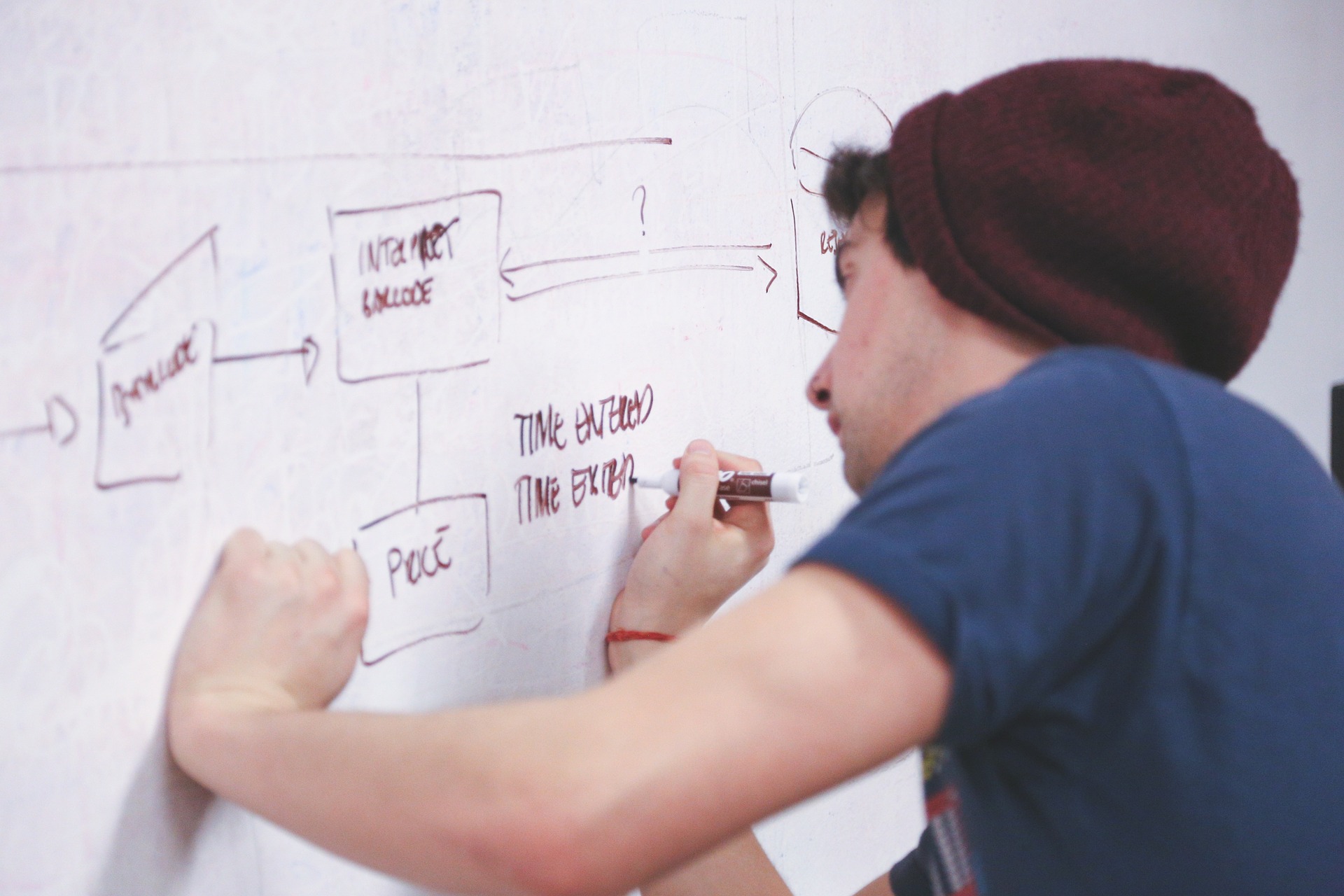
+44 1349 470002
United Kingdom
+44 1349 470002

Cart

 Enquire
Enquire
 ITIL® Practitioner
ITIL® Practitioner
 ITIL® Service Lifecycle - Service Transition
ITIL® Service Lifecycle - Service Transition
 ITIL® Service Capability - Operational Support And Analysis
ITIL® Service Capability - Operational Support And Analysis
 ITIL® Service Capability - Planning, Protection, And Optimization
ITIL® Service Capability - Planning, Protection, And Optimization
 ITIL® Service Capability - Release, Control & Validation
ITIL® Service Capability - Release, Control & Validation
 ITIL® Service Lifecycle - Service Strategy
ITIL® Service Lifecycle - Service Strategy
 ITIL® Service Lifecycle - Service Operation
ITIL® Service Lifecycle - Service Operation
 ITIL® Service Capability - Service Offerings & Agreements
ITIL® Service Capability - Service Offerings & Agreements
 ITIL® Service Lifecycle - Service Design
ITIL® Service Lifecycle - Service Design
 ITIL® Service Lifecycle - Managing Across The Lifecycle
ITIL® Service Lifecycle - Managing Across The Lifecycle




 Certified EU General Data Protection Regulation (EU GDPR) Foundation
Certified EU General Data Protection Regulation (EU GDPR) Foundation
 Certified EU General Data Protection Regulation (EU GDPR) Foundation and Practitioner
Certified EU General Data Protection Regulation (EU GDPR) Foundation and Practitioner
 Certified EU General Data Protection Regulation (EU GDPR) Practitioner
Certified EU General Data Protection Regulation (EU GDPR) Practitioner
 Certified Data Protection Officer (CDPO)
Certified Data Protection Officer (CDPO)
 Dealing with Subject Access Requests (SAR)
Dealing with Subject Access Requests (SAR)
 Dealing with Subject Access Requests (SAR) - An Executive Briefing
Dealing with Subject Access Requests (SAR) - An Executive Briefing
 EU General Data Protection Regulation (EU GDPR) Awareness
EU General Data Protection Regulation (EU GDPR) Awareness





Are Your Skills Out of Date?
What skills will be important 5 years from now?
Five years from now, over one-third of skills (35%) that are considered important in today’s workforce will have changed. That’s a challenging thought, and it’s not just some marketing line from a learning and development organisation like ours. It is a statement from the World Economic Forum in a recent report called ‘The Future of Jobs’ (2016).
There are enormous changes predicted in the skill sets needed to thrive in the future workplace landscape. The likely developments over the next few years will transform the way we live, and the way we work. Some jobs will disappear, others will grow and jobs that don’t even exist today will become commonplace. What is certain is that the future workforce will need to align its skill set to keep pace.
The authors of the report asked chief human resources and strategy officers from leading global employers what these shifts are likely to mean for employment, skills and recruitment across industries and geographies.
A ‘top ten’ list of skills required for the workplace in 2020 resulted from this survey and it was compared with a similar list of skills required for 2015. There are some fascinating results and some interesting changes.
Emotional Intelligence appears in the list for the first time. It is defined as “the ability to identify and manage your own emotions and the emotions of others. It covers such areas as self-awareness, social awareness and social skills.
This is an interesting inclusion in the list. For a while now we have noticed in our engagements with senior managers and change leaders that emotional competencies make up a significant part of the skills that make effective leaders. Executives who have failed to deliver the levels of leadership required in a situation have most often been short on EQ.
If this applies to you, do not despair. Although some of us naturally high levels of EQ, an inborn characteristic, it is nevertheless possible to improve our level of emotional intelligence with practice and good guidance. You can get better at this!
Two other, somewhat related, skills that have seen a dramatic rise up the top ten chart are Creativity and Cognitive Flexibility. Given the way that technology has and is continuing to develop, it makes sense that creativity should appear in the list. We have so much potential at our fingertips, more processing powers, more apps, just more of everything. We need increasingly more creativity in order to exploit and benefit from this capability.
Linked with that is cognitive flexibility, the ability to adapt our thinking strategies to face new and unexpected situations. Many of our old models, our old ways of thinking will simply not suffice in 2020. We will need to creatively transition our mental framework in the light of the new ideas and new concepts that we face, and do so at speed. This will mean using a range of models and constructs and being able to switch between them as necessary.
For example, we will need to understand and be fluent in portfolio management, programme management, project management, change management and other methods and approaches and to be able to use them all together. Being an ‘expert’ in any one method will not be enough, our skill set will need to be far more diverse.
Looking at the top ten as a whole (the list is at the end of this article), it is possible to summarise the ten skill areas into two groups of five. These two groups could be broadly described as 1) Thinking Creatively, and 2) Engaging with stakeholders.
This is my interpretation of the list (and is far from perfect), but I would classify numbers 1, 2, 3, 7 and 10 as thinking creatively and numbers 4, 5, 6, 8 and 9 as engaging with stakeholders.
And to continue my broad analysis, it seems that one of the groups, thinking creatively, has a rather inward focus, while the other group, engaging with stakeholders, is more outward-facing. Again, both have much to do with emotional intelligence…
So the challenge to us all is the question, “Are your skills out of date?” How do you intend to equip yourself for 2020? One tip, the best time to start is right now.
Here are the top ten skills to consider:
| 1 | Complex Problem Solving |
| 2 | Critical Thinking |
| 3 | Creativity |
| 4 | People Management |
| 5 | Coordinating with others |
| 6 | Emotional Intelligence |
| 7 | Judgment and Decision Making |
| 8 | Service Orientation |
| 9 | Negotiation |
| 10 | Cognitive Flexibility |
A broad range of different approaches to life-long learning is required to develop these skills.
Keep your learning strategy flexible and relevant with Pearce Mayfield's diverse portfolio of innovative approaches, now including virtual learning bespoke solutions. With over 20 years experience of providing consultancy and training in 27 countries around the globe we can help you through transformative times.
Call us now on 01235 227252 and speak to a member of our team for practical advice on how we can support organisations and individuals with a more flexible and agile approach to learning or visit our course page at Training Courses.




Thank You For Your Enquiry.
Our representative will get in touch with you shortly.You can also:Call Us: +44 1349 470002
Email Us: info@pearcemayfield.com
Thank You For Your Enquiry.
Our representative will get in touch with you shortly.You can also:Call Us: +44 1349 470002
Email Us: info@pearcemayfield.com